

9th Conference on EAP/ESP/EMI
in the Context of Higher Education
MAY 30 - 31, 2024
9th Conference on EAP/ESP/EMI
in the Context of Higher Education
MAY 30 - 31, 2024
MAY 30 - 31, 2024

SPEAKERS
SPEAKERS
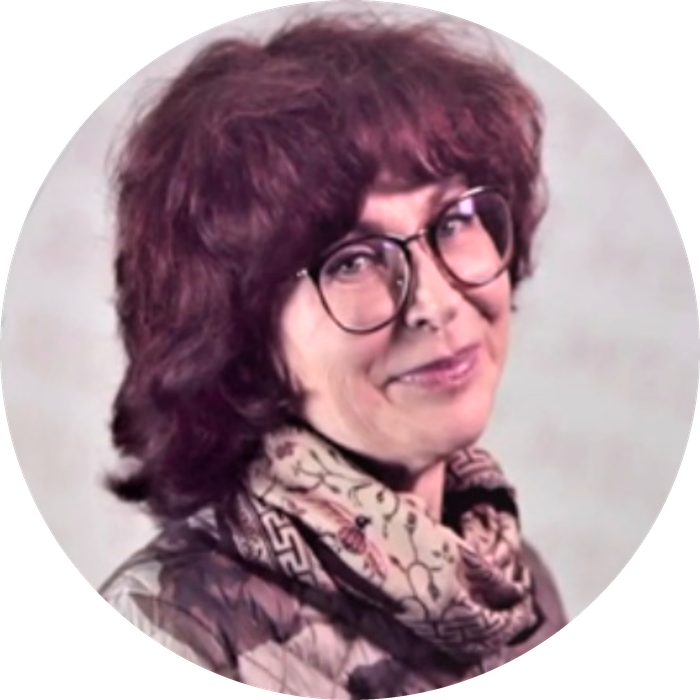
Titova Svetlana, PhD, professor, the Head of the Department of Foreign Language Teaching Methodology, School of Foreign Languages and Area Studies, Lomonosov Moscow State University, distinguished professor of LMSU. She has over 30-year experience in researching, teaching, training and publishing in foreign languages education and e-learning. Her main research areas are ICT integration into FL teaching, E-learning methodology, AI in Language Classroom.
Artificial Intelligence in Teaching Foreign Languages: Didactic
Potential and Challenges
This presentation provides an analytical review of technological solutions utilizing artificial intelligence (AI) in the field of foreign language education. The aim of this review is to explore the various applications of AI in teaching and learning foreign languages and to evaluate their effectiveness. The article discusses the use of AI-powered language learning platforms, chatbots, virtual tutors, natural language processing, and machine translation tools. Additionally, it examines the impact of AI on language proficiency assessment and personalized learning experiences. The review concludes with a summary of the key findings and potential future developments in this area. Overall, this analytical review highlights the significance of AI-based technological solutions in enhancing foreign language education and suggests avenues for further research and implementation in this dynamic field.
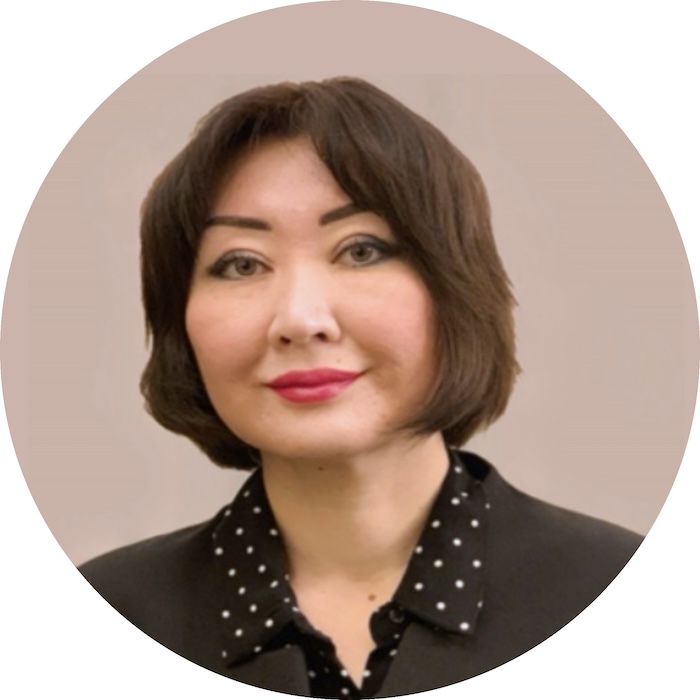
Vera Dugartsyrenova is an Associate Professor at the School of Foreign Languages of the National Research University Higher School of Economics, Moscow, Russia. Her research interests include English for Specific and Academic Purposes, blended and distance language learning, academic writing, and intercultural communication. She has designed and taught a variety of EAP (English for Academic Purposes) and ESP (English for Specific Purposes) courses to students majoring in linguistics and intercultural communication, mathematics and psychology, academic writing courses for economics, political science, and Asian studies students, as well as blended and online professional development courses for language teachers. Some of her research addressing issues in teaching academic writing and intercultural learning was published in top peer reviewed international journals in language learning, including Foreign Language Annals, ReCALL, Computer Assisted Language Learning, Journal of English for Academic Purposes, and Journal of Second Language Writing.
Exploring Students' Engagement with Technology-Mediated Peer Assessment
in a Multicultural Academic Writing Classroom
The session addresses the use of technology-mediated peer assessment to support students’ writing development in an online graduate course on academic writing. Data sources included a questionnaire which tapped into students’ perceptions of their experiences with and the value of engaging in peer assessment of each other’s writing (literature reviews to their Master’s project research proposals); participants’ written products (literature review drafts), and their electronic comments on peers’ drafts. Based on textual analysis and the analysis of students’ self-reports regarding the use of peer feedback in the course, the session offers practical and research insights into the pedagogical affordances and challenges of integrating technology-mediated peer assessment in academic writing instruction.
Enhancing Students' Genre Awareness with Online Corpora of Research Papers: Tools and Tips for the Academic Writing Classroom
This session will introduce to participants several online corpora of research papers which can be used in learning a wide spectrum of academic (research) genres. Based on hands-on activities, participants will gain practical skills in using the corpora for individual writing purposes and in teaching academic writing. They will also tap into the functionalities of online corpus management tools and practice creating self-compiled corpora of texts.
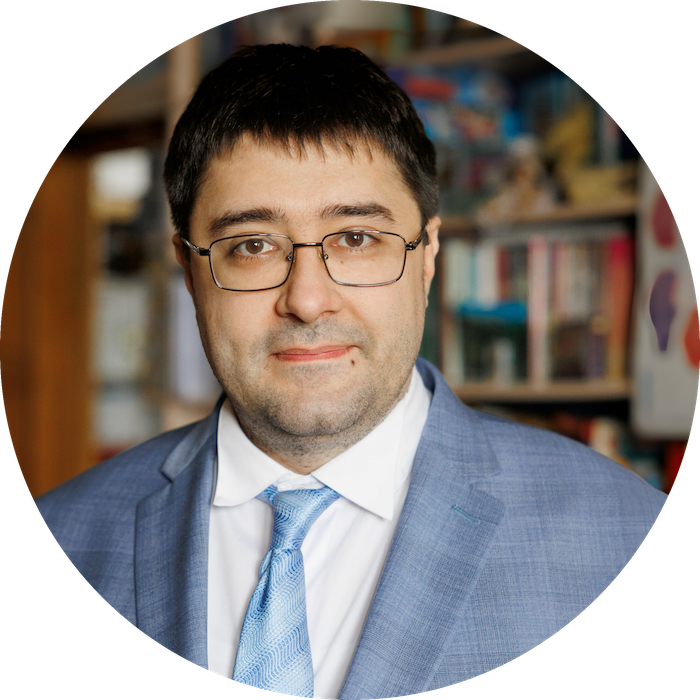
Peter A. Stepichev — PhD in Education, NATE executive director, MELTA vice-president, teacher trainer and author. His patented device «Grammar Blocks» and a series of educational games won the recognition in 2012 Moscow Teacher of the Year contest, resulting in winning a scholarship to study at Norwich (England) and Germany. He’s currently working on surprise pedagogy concept, developing tools for EL teachers and learners and lecturing throughout Russia, Kazakhstan and China.
Surprise Pedagogy: Evolution or Revolution in Education?
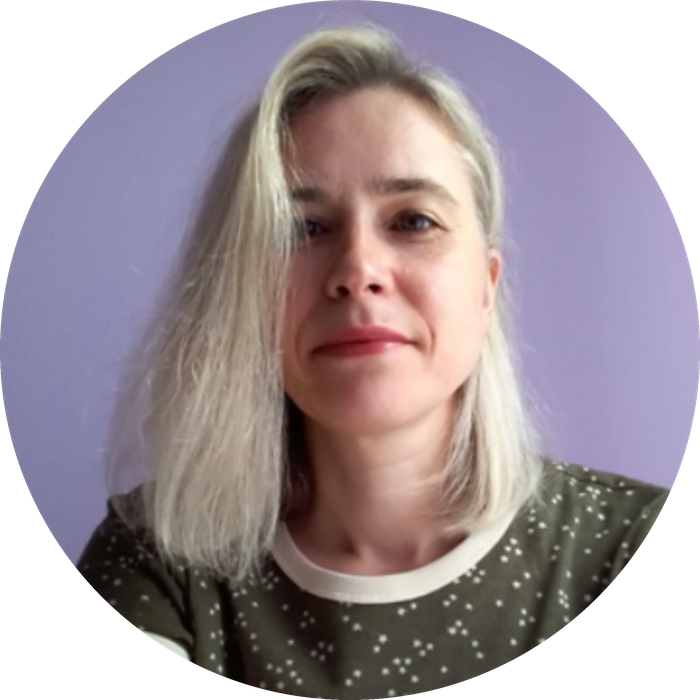
Irina Lutsenko is a dynamic English teacher with 19 years of experience under her belt. An alumna of American exchange programs Fulbright FLTA and ELEX, Irina is also an avid test taker, boasting IELTS 9 (twice) and CPE A (twice). Irina’s passion is writing – she writes tirelessly and inspires others to follow suit. On her mission to empower as many people to write as possible, she designs her own authentic writing courses. Her students write – from essays to novels.
Teaching Writing: Challenges and Solutions
Writing might be the most challenging aspect to teach. Questions are aplenty. Problems abound. Hurdles seem to never end. What can we do when students simply don’t write? How can we give feedback more effectively? Is writing in class a great idea or a no-no? Is punctuation even a thing in English? Irina Lutsenko, an avid writer and writing teacher, is in the writing classroom every working day – she has solutions. In her talk, she will address the most common challenges writing instructors face, making sure to provide practical solutions galore.
How to read in order to write
Yes, this sounds like a boring cliché, yet it is very much true. So, on your journey to better writing skills, you open, say, «New Scientist» or «The Guardian» and devour an article or two. Then what? If only reading alone was enough… . You need to read purposefully – and for this, you need to know what to look for. In this talk, Irina will share some practical tips on how to tap into reading in order to become a better writer and how to help students to do so
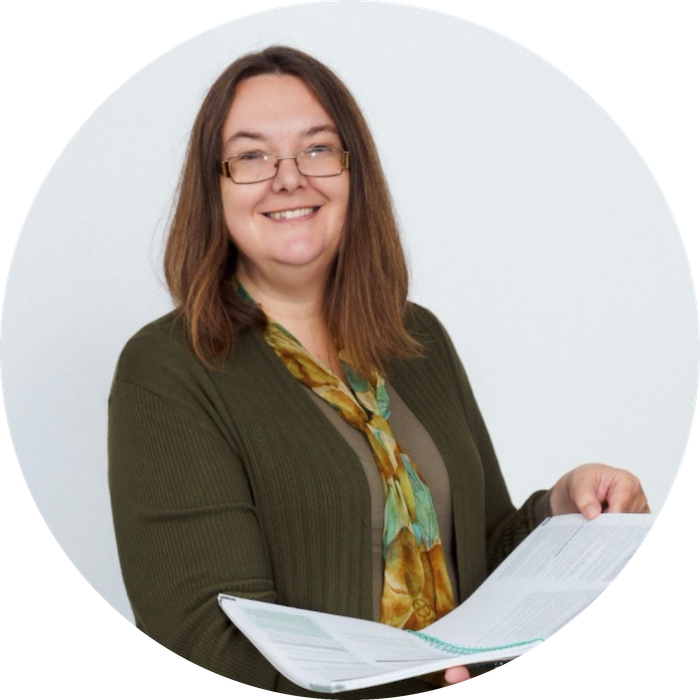
Heather Belgorodtseva is Director of Studies for Teacher Training. She has worked as an English teacher and teacher trainer for over 20 years, in the UK and Russia, in private language schools and in further education settings.
The Whys and How's of Academic Blogging
Blogging is an excellent way for individuals or institutions to communicate their area of expertise to the outside world as well as to others with the same passionate interest, which is why many academics consider starting one up. But it isn’t really the same as writing an academic paper. Or shouldn’t be at any rate. In this talk we will look at some of these differences and ensue that our academic blog will be accessible, interesting, inspiring and motivating, as well as informative and academically sound.
The Misunderstood Passive - Do We Really Need It?
The Passive voice is considered unfashionable in academic writing and, increasingly, in other genres too. Why is this? Do we really need this grammar structure? Is this true all over the English-speaking world? Using interactive tasks and a range of examples, we will answer these questions. We will look at some uses and abuses of the Passive, compare British, American, and Russian academic conventions, look at the role the passive has in textual cohesion, and come to a conclusion about how to help students deal with this controversial language point in our writing.
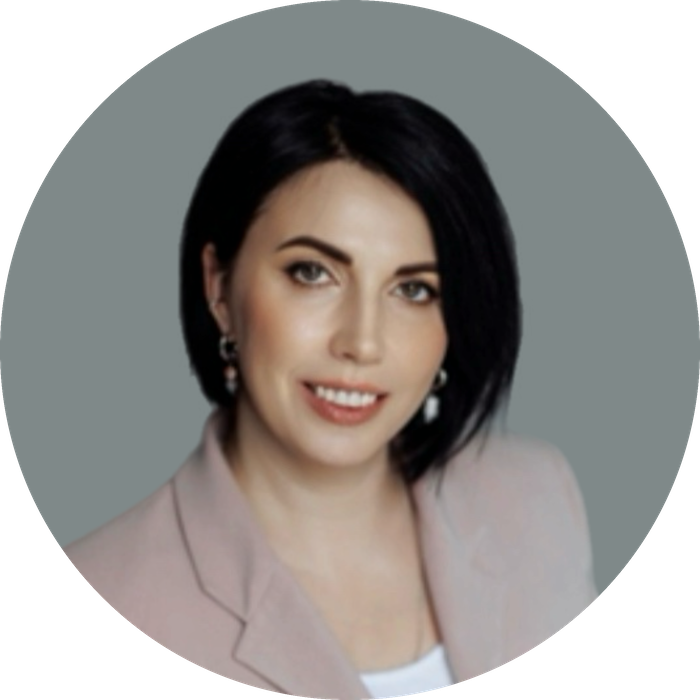
(Cambridge Delta, CELTA, CELTA YL Extension, TKT, CAE; BA in Linguistics and Cross-Cultural Communication, Specialist degree in Translation and Translation Science) A linguist and translator by education, Victoria has dedicated her professional life to teaching English as a foreign language and ELT methodology. She has worked in a variety of teaching contexts constantly updating her teaching skills and qualifications. Her 20 years of experience have seen her as a teacher of English, an assistant director of studies, a speaking examiner, a teacher trainer, and a Cambridge CELTA, CELT-P/S, TTT tutor. Since shifting to online ELT and teacher training in an international context in 2020, she has defined her main professional areas of interest as online ELT methodology, course and material design in the digital environment and cross-cultural aspects of language teaching.
The Principled Approach to Teaching English Online: Balancing
Theory and Practice
The year 2020 witnessed an abrupt shift to online teaching, which resulted in significant development of this educational environment. Despite quite evident success, experienced EFL teachers faced a wide range of technical challenges which affected their attitudes towards online teaching. At the same time, this period has given rise to enthusiasm of tech-savvy proficient English users who have no formal teaching qualifications but are able to use available online resources to teach English. The lack of practice in the first group and of theory in the second one brings at risk student retention rate, which can have a detrimental effect on teachers’ careers in both groups. The new era of uberisation* of education (HSE University, 2022) necessitates raising awareness of two main constituents of teacher’s success:
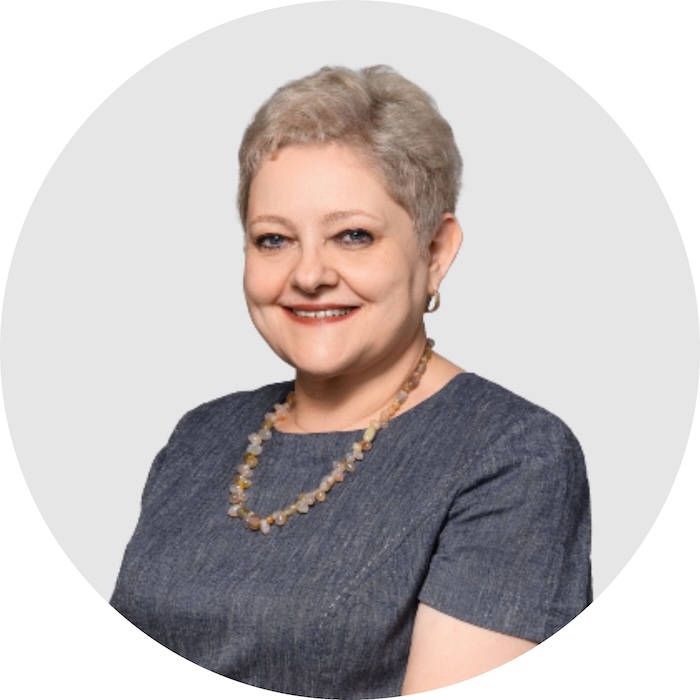
Graduated from Moscow State University, earned a PhD in history from Russian Academy of Sciences. Worked for over 20 years in British educational companies, including Pearson Education and Cambridge Assessment.
Assistant Professor in NUST MISIS and MIPT. Academic interests include cross-cultural communication and language assessment.
The range of task types that are used in standardized tests is rather limited. However, the choice of the correct format is not always easy. It depends not only on a particular language skill or a sub-skill that needs to be tested, but also often on its specific aspect, in other words – on how we define the exact focus of each task. Another issue faced by many teachers developing their assessment materials is finding appropriate texts that can be used as sources for test tasks. At the workshop we will review the existing task formats and answer the following questions:
- how to identify the focus of each task;
- how to choose the best task format to ensure that you test exactly what you want to test;
- how to select appropriate texts for each task type;
- how to develop the most difficult task formats (for example, TRUE/ FALSE/ NOT GIVEN)

Joanie Andruss was an English Language Fellow at the Universidade Nacional Timor Lorosa’e in Dili, Timor Leste from 2015-2017. Recently, she has served as an English Language Specialist with virtual projects in Tanzania and Russia. Her passion for teacher training, cultural and environmental literacy, social justice, and teaching English as a Foreign Language has led her on a zigzagged path across the globe. Her past experiences include teaching at Boise State University’s Intensive English Program, a Fulbright Teaching Fellowship at the University of Montenegro, conducting participatory research for sustainability awareness in Macedonia, developing a cross-cultural study abroad program in Samoa for pre-service teachers, conducting qualitative research on the transformative impact of cross-cultural exchanges, and advising applicants for nationally competitive awards at Appalachian State University in North Carolina. Currently, she is living in rural Eastern Oregon, working remotely as a teacher trainer and locally with a non profit that provides programming for children and families.
Join this session to learn about an innovative teacher-training project that focuses on Science Poetry as a way to teach ESL to STEM university students. This session will include an overview of the project and approach, as well as interactive Science Poetry writing activities for participants. In addition, presenters will discuss their experience applying this to their own teaching contexts, including key takeaways, activity examples, and student feedback.

Dr. Cowin is a Fulbright Scholar and Associate Professor at Touro University. As an Education Policy Fellow at the EPFP™ Institute, Columbia University/Teachers College, she became part of a select group of strategic leaders analyzing effective educational policy and leadership trends. She believes educational transformation starts with teachers who value students and see students’ personal and collective experiences as assets with a focus on Lynda Miller’s “philosophy of abundance”. Dr. Cowin is actively engaged with her Dr. J’s Education Blog: Exploration in Education
Language Education in a Hyperconnected Era: AI and Metaverse Innovations
In a hyperconnected world shaped by the Fourth Industrial Revolution, language education faces unprecedented challenges and opportunities. Traditional language teaching methods often emphasize structured language production in brick-and-mortar buildings or online Learning Management Systems. But today’s learners want contextually rich and immersive language learning environments for spontaneous language use. This plenary session explores the untapped potential of artificial intelligence (AI) and metaverses in creating immersive, interactive environments that promote authentic language production, conversational fluency, and pragmatic competence.
We will examine case studies and examples of AI and metaverses in language education, such as Agora World. The ASTUTE (C) framework by Dr. Cowin will frame an exploration of AI-driven language learning platforms, virtual reality language learning environments, and AI-powered conversational agents that adapt to learners’ needs, provide personalized feedback, and simulate authentic language use scenarios.
The plenary session will highlight the benefits and challenges of implementing AI and metaverses in language education, such as enhancing learner engagement and motivation, providing personalized learning paths, and fostering cross-cultural understanding. We will address ethical considerations, including data privacy, algorithmic bias, and the potential impact on teacher-student relationships.
Furthermore, we will explore the potential implications of the Sapir-Whorf hypothesis and linguistic relativity in the context of AI and metaverse-based language learning, examining how exposure to diverse linguistic structures and ways of thinking may influence learners’ cognitive and perceptual processes.
By harnessing the transformative potential of AI and metaverses in language education and critically examining their implications, we aim to inspire educators, researchers, and technology developers to collaborate in creating immersive, interactive language learning experiences that prepare learners for the challenges of the 21st century.
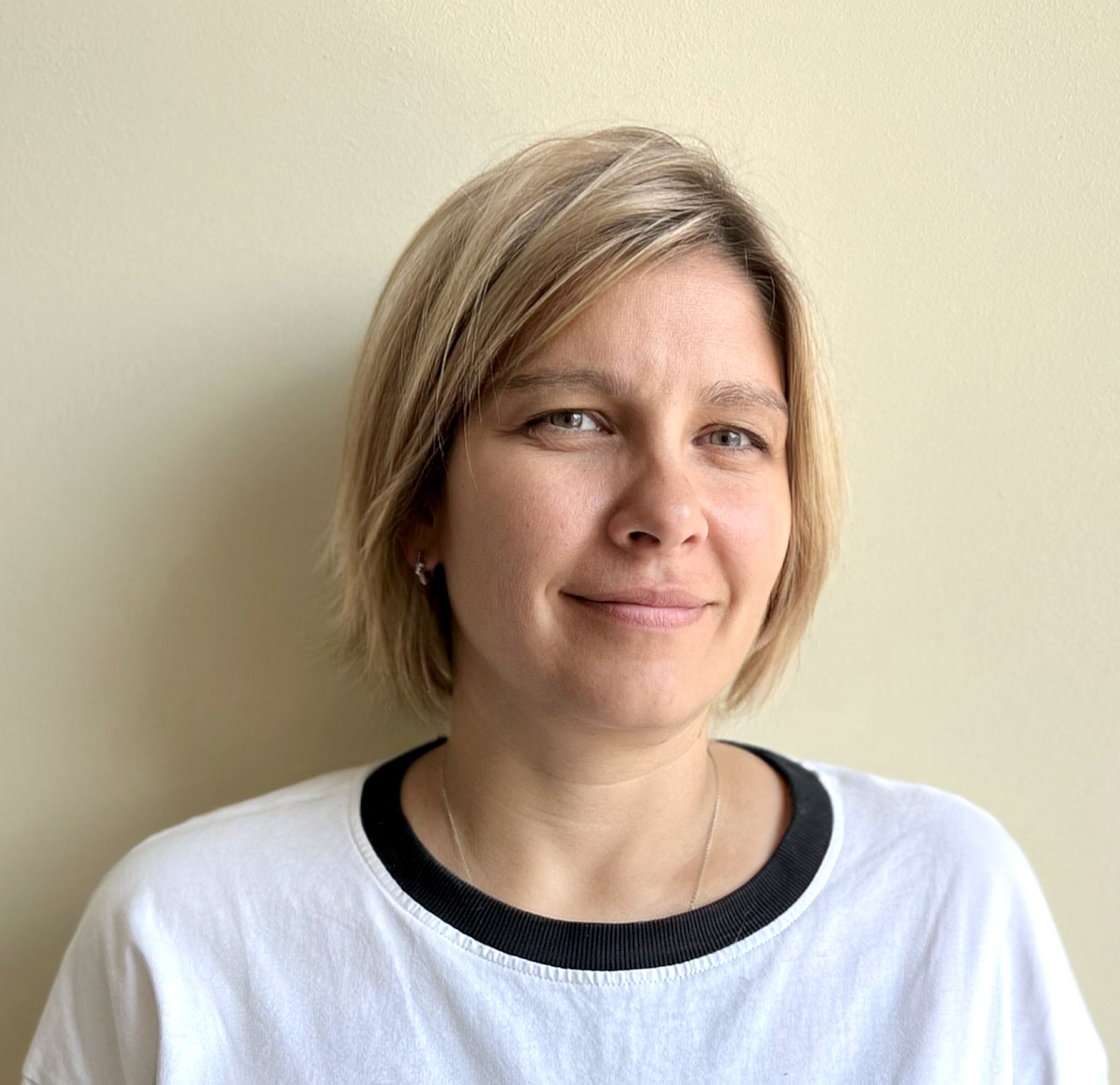
An Eco-path from Bachelors to Masters. 2024 Academic Updates
This is the time when we can openly talk about a liaison between Bachelor and Master degree English programmes at MISIS. The threshold concepts between the two learning trajectories are formed around life learning skills and English for Operational and Specific purposes. In my talk I would like to speak about how we see the information flow between the trajectories change and share transformational and structural ideas for this programmes’ collaboration to be strengthened in the future.
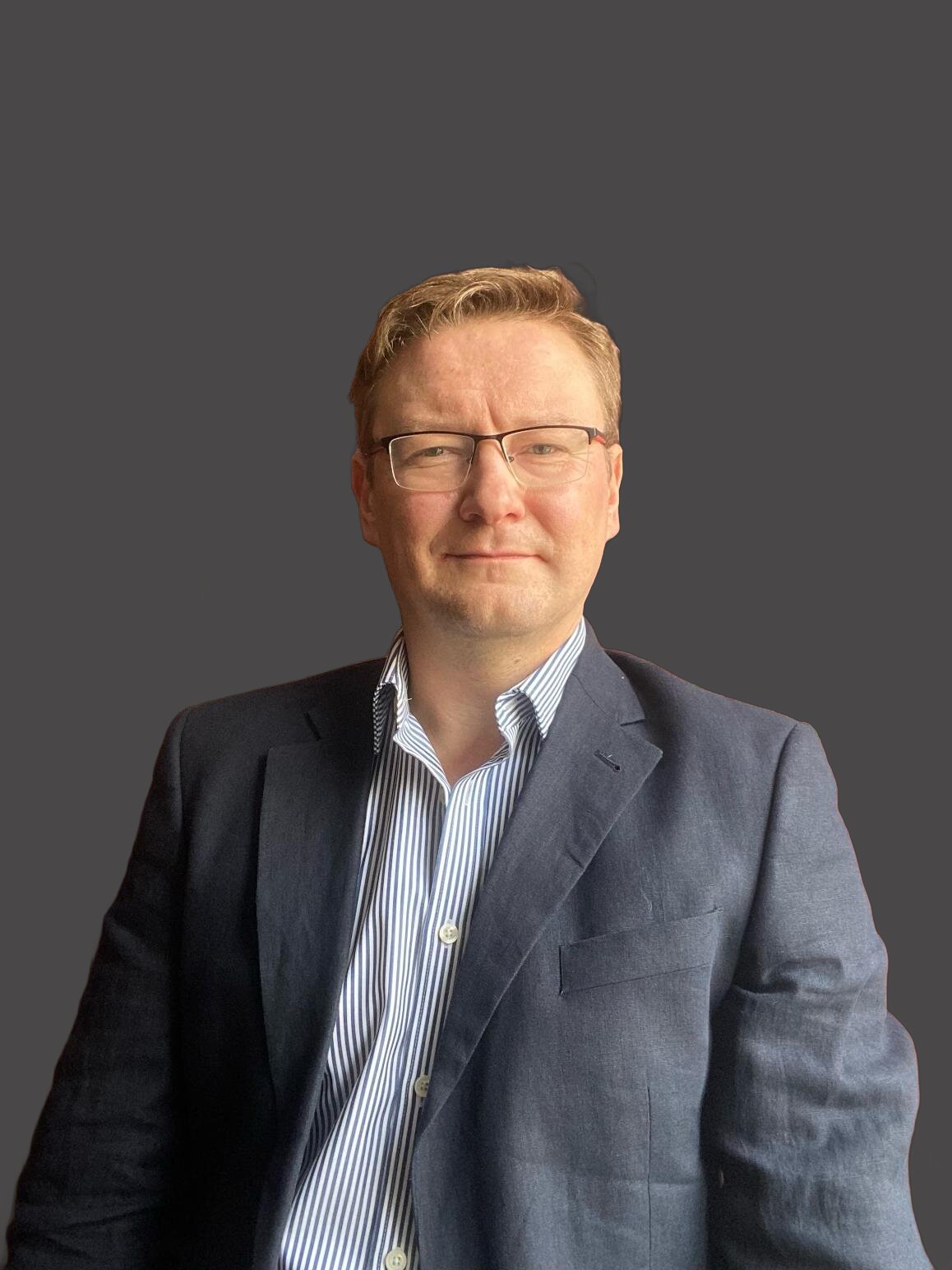
Max Oulassevich heads up the Publishing Department at RELOD, where he overseas publication of English Language Teaching materials, tests and teacher qualification courses for the Russian school and higher education markets. His latest personal project is creation of a new finance and economics textbook (CLIL methodology) for the Russian university market, for which he draws on his extensive experience in finance, having qualified with Institute of Chartered Accountants of Scotland back in 2001 and having worked in corporate finance in London for most of his career. In addition to working at RELOD, Max is currently studying the application of digital technologies under Svetlana Vladimirovna Titova at the Moscow State University.
Supporting the L in CLIL with Corpus Linguistics: an Innovative Approach
to “Glossary” Type Student Projects
During the workshop we will discuss the deficiencies in vocabulary acquisition in many ESP / EAP / CLIL textbooks, describe an alternative approach to a tried and tested “glossary” project, explore wiki and corpus tools now available and Illustrate how this project could work in practice by illustrating how it is incorporated into one of RELOD’s courses (which applies a CLIL method to teaching finance and economics in English).

Editor-in-Chief of the scientific-methodological journal “Foreign Languages at School”.
Lingua-Cultural Pedagogy: Enriching Students’ Sociocultural Competences & World Perception in ELT Classroom
Language and Culture have always been tightly entangled entities in foreign language teaching. The speaker intends to retrospectively analyse the changes in methodological views on incorporating elements of culture in foreign language educational tradition in Russia. Special attention will be given to highlighting major features, trends and demands of modern Lingua-cultural pedagogy in a dynamically changing global sociocultural environment.
Developing Students’ Sociocultural & Research Competences
with “Unity in Diversity” Project
The workshop focuses on the application of project technology in foreign language teaching as a tool for activating students’ role in discovering new knowledge & acquiring research competences through interdisciplinary, problem oriented, cross-cultural project work ‘Unity in Diversity’. The participants will have a chance to find proof whether traditional visual aids have become obsolete or still may be considered as driving engines for developing students’ creativity.

Ekaterina Redkina is a psychologist and a qualified English teacher with 15-year experience. She is CELTA and Delta (M1-2) holder and a Fulbright scholar. Currently, she is giving lectures on TESOL and psychology at the Institute of International Education of Moscow Pedagogical State University. She is also teaching teenage students and adults. Her primary interests are concerned with content-based education, ESP, EMI, course and material design.
EMI Methodology in Academia: Practical Tips and Solutions

Teacher trainer with DELTA, CPE and three cats. Vera has worked 15 years with teenage groups at best Moscow private schools, and has been working with teachers since 2008 delivering workshops all over Russia and running her own online groups for language teachers. She holds qualifications in psychology and marketing to help her fulfill her mission which is to help teachers enjoy their teaching job staying financially satisfied. Vera has won 15 academic grants, presented at 117 academic and business conferences, and helped 33 cats find their homes.
Language Trends in ELT Classroom
The workshop ia targeted for anguage teachers who would like to take a pinch of novelty to their classes. It will also be interesting to those who take the idea of using trends with a pinch of salt. Language changes, that’s part of the deal. Should we or should we not take those changes into our classroom? We will have a look at a range of vocabulary trends (this is not slang), do practical activities with them and discuss how this can be taken to our classes, if at all. The workshop will be accompanied with a huge collection of movie screen shots. Visual and linguistic pleasure guaranteed.

Irina Malinina has been teaching English for almost 30 years. She holds a Master’s degree in English literature from Northumbria University, UK, and is currently a Ph.D. candidate. She holds a Cambridge DELTA and is teaching a course on special educational needs on the MA program at the National University of Science and Technology in Moscow.
Becoming a Scholarly Writer for Publication
English for Research Publication Purposes (ERPP) is a rapidly developing field of applied linguistics. The number of academics seeking to publish the results of their research in high-impact Russian-medium or English-medium journals is increasing. Publications are considered a prerequisite for promotion, contract renewal and are viewed as a marker of status in the academy. However, obtaining the all-important track record of publications is not an easy task. This process is beset with obstacles because the world of academic publishing is highly competitive and full of barriers that impact diverse voices.
In this talk I will share some insights from my lived experience of becoming a scholarly writer and co-editor in the international context. I will make an overview of types and genres of research articles, research methods, and approaches to using English in research articles. Participants will be introduced to the process of publication from article submission to dealing with reviewers’ comments. I will also address a complex topic of gatekeeping and hegemonic discourses that may get in the way of writers and impede the publication process. The session concludes with the discussion of resilience, collaboration and academic friendship that may help scholarly writers overcome traps and pitfalls on the way of academic and research growth.

Yulia Skugarova has worked for the University of Cambridge for over 18 years performing different roles: consultant on methodology at Cambridge University Press, Head of Russia Representative office of Cambridge Assessment, since 2017 Head of Representative of Cambridge University Press (now Cambridge University Press and Assessment, Learning).
Since 2003 associate professor at the Faculty of Foreign Languages and Regional Studies, MSU.
Employability Skills Framework for ELT. Getting Your Students Workplace Ready
This talk looks at one of the principal challenges HE is facing internationally. What should be the response to the expectations of business as per potential employees’ qualifications? What are the expectations of students (especially at MA level) and how to address those in a dynamically changing world? These are the key questions we are going to focus on in the presentation. We will also analyse the research that informs course design across the world and in the UK specifically.
We are going to define ‘employability skills’ and try to answer the question ‘why teach them’ in general and ‘why integrate soft skills in English Language teaching’ specifically.
A closer look at the Employability Skills Framework may be beneficial not only for ELT professionals but also for university administrations.

Aida Rodomanchenko is an Associate Professor both at the School of Foreign Languages at HSE University and the Department of Modern Languages and Communication at MISIS University. She holds a PhD in Language Teaching from Moscow State University and an additional DELTA (modules 1 and 2) from Cambridge. She is a high-stakes exam item writer, an expert of the Russian Council on Olympiads for Secondary School Students. She has earned the Best HSE Teacher Award three years in a row, the IATEFL and Trinity College London Language Examinations Scholarship, and has won multiple competitions in Educational Innovation, including the award for implementing AI into teaching a Business English course for BA (2023).
From Stumbles to Success: Mastering Test Creation with AI
Crafting effective test items can be a daunting challenge. Choosing a suitable text, selecting information to work with, writing items, and double-checking that they measure what they were intended to measure all contribute to the pressure of educators, especially those new to the field. This hands-on workshop tackles the common pitfalls beginners encounter when stepping into the deep waters of item writing and equips its participants with strategies to sidestep these roadblocks.
The workshop starts with unveiling the potential of Artificial Intelligence (AI) as a tool for generating engaging test content that is also pertinent to learners’ language levels. Through interactive exercises, participants gain practical experience utilising AI text generators to create a strong foundation for their assessments.
The focus then shifts to constructing high-quality gap-fill items, the workhorse of many tests. Participants will delve into crafting effective gaps at the word, sentence, and text levels, ensuring your assessments accurately measure learning objectives.
This workshop empowers educators and assessment developers to harness the power of Artificial Intelligence (AI) in crafting high-quality tests. By the workshop’s end, participants will be equipped with the knowledge and skills to leverage AI for creating test items that challenge students and truly reflect their grasp of the material.
This workshop is designed for educators and assessment developers who are either new to the field of item-writing and incorporating AI in test creation or would like to brush up their knowledge in this domain.

Valeria Evdash is the Director of the Center for Foreign Languages & Communication, the Director of the Center for Academic Writing “Impulse’, the University of Tyumen. She has had more than 20 years of EFL teaching. She also works as a teacher trainer. She was the British Council regional teacher-trainer (2012-2015) in Russia. She is a Member of the Association of Academic Writing Experts “National Writing Centers Consortium“, member of the Russian National Association of Teachers of English (NATE Russia), TESOL member.She is a Member of the Association of Academic Writing Experts “National Writing Centers Consortium“, member of the Russian National Association of Teachers of English (NATE Russia), TESOL member. She is also an alumnus of the U.S. government-sponsored exchange programs. She has participated with presentations in national and international conferences. Her areas of expertise are Continuing Professional Development, English language acquisition & methodology, and academic writing.
Mastering the Art of Process and Product Writing
This workshop will focus on various techniques and strategies to enhance both the writing process and the final product. These include brainstorming, outlining, drafting, revising, editing, and polishing the writing. Besides, the workshop will equip participants with the skills necessary to communicate effectively and to engage their audience through writing. By joining the workshop, the attendees will have the opportunity to further develop their writing skills.

Doctor of Pedagogy (Dr. habil.), Professor at the Department of Linguistic Training for Special Purposes, Leading Expert of the Centre for Analysis and Forecasting of World Science and Technology Development, International Relations Institute, National Research Nuclear University MEPhI. Areas of Expertise: Research in language pedagogy methodology, competency-based approach to foreign language teaching and learning, interdisciplinary paradigm of students’ profession-related development through foreign language professional contexts, productive assessment in pedagogical interaction.
The term “interdisciplinary” as a defining attribute has been fairly frequent both in the academic and scientific types of discourse recently, and language pedagogy paradigm has been no exception. In spite of unanimous support and declared adherence to the interdisciplinary paradigm, the solutions authors come up with sometimes seem fundamentally different, with diverse underlying methodology, basic concepts, and educational goals. To provide a better understanding of the teaching and learning process, especially in profession-related foreign language contexts, relevant factors are established, and their typology is suggested. That results in a hierarchy of three interdisciplinary levels, namely: the formal illustrative level, the formal operational level, and the motivation-and-activity level, which differ depending on the structural level of language identity each of them addresses, the status of the content in the inner contexts of developing professional consciousness, and the representative capacity of the language pedagogy model used.
CONTACT DETAILS
2024 (c) Department of Modern Languages and Communication
